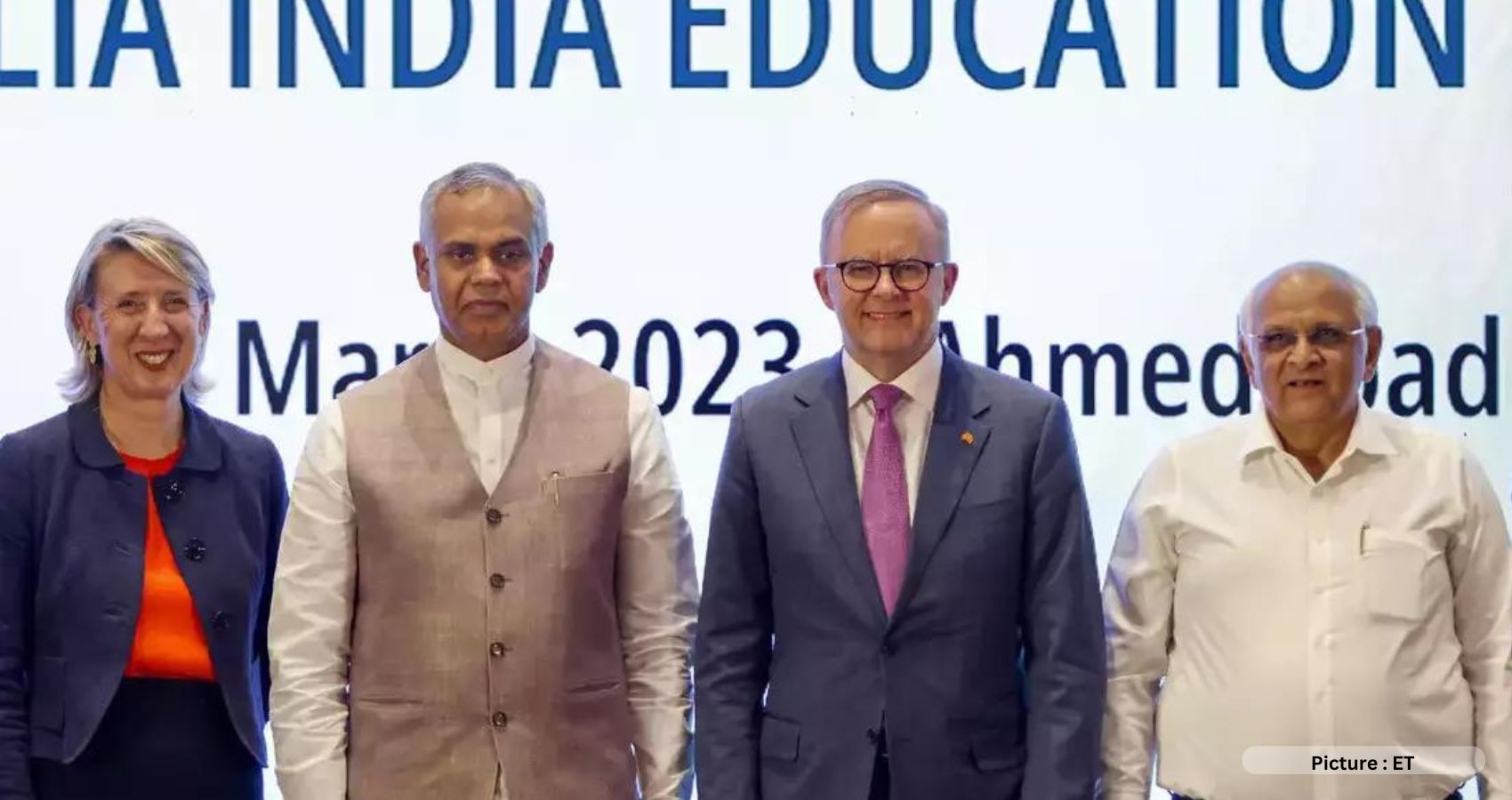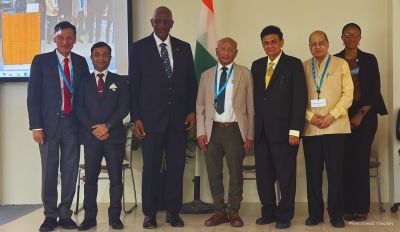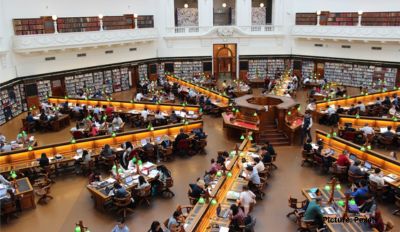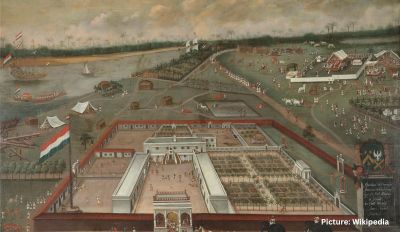In an extraordinary demonstration of public diplomacy and relationship building, the internationally ranked University of New South Wales (UNSW) in Australia has named a lecture hall after an Assam-born alumnus – the late Annada Gohain, who had gone to the university in 1955 under the Colombo Plan and stayed on to complete her Master’s degree, becoming the first woman to do so from the University’s prestigious School of Chemical Engineering. Passionately interested in food technology, Annada returned to Assam after her studies and worked in the Agriculture Department of the Assam government and was closely involved with food processing. She retired as Additional Director (Agriculture) from the department. She died at the age of 81 in 2011.
Annada came from a distinguished family of educators and intellectuals in Guwahati. She, herself, played a pioneering role in establishing the food canning industry in Assam and is widely regarded as a trailblazer.
Naming the lecture hall after Annada is an extraordinary gesture. This stellar recognition is part of the university’s project of honouring women, gender equality, and multiculturalism. It reflects the university’s vision of embedding values in the pursuit of excellence in education.
The recognition is particularly interesting because, in comparative terms, the number of students going abroad for higher studies from India’s northeastern states has been relatively small. Many migrate to other cities in India for their studies, as there are few good quality educational institutions in the northeast. This has been the case for multiple reasons, especially poor connectivity, and security concerns. Much of this has now dramatically changed. It is time to establish strong and high-quality learning centres in these states. Such initiatives would radically transform the region’s landscape.
This extraordinary recognition of an Indian student also reflects the university’s strategic focus on India. The rapidly growing interest in the Group of Eight universities in Australia, such as the University of New South Wales, as a preferred destination for high-achieving students, would receive a significant boost because of initiatives of this nature, which demonstrate how universities have come to appreciate the need to remember their alumni for reasons other than to seek financial donations from them. This unique gesture of the university will stand out as an example of how relationship-building is integral to a long-term international education strategy.
Educational dimension to ties
Last month, discussions between Australian Education Minister Jason Clare and Indian Education Minister Dharmendra Pradhan further consolidated efforts at collaborative education and research. India’s New Education Policy establishes the primacy the government attaches to the role of education in achieving its developmental aspirations. Collaboration with like-minded international partners would help transform lives for the better, which is, in fact, the purpose of education.
Next month Indian Prime Minister Narendra Modi will be in Sydney for the Quad Summit and would also hold bilateral discussions with Australian Prime Minister Anthony Albanese, who was in New Delhi barely a month ago, reflecting the rapidly growing strategic partnership. At the bilateral meeting, education and research are likely to feature as a topic of discussion. Taking advantage of the pathbreaking research in Australian universities, especially in areas of critical interest to India, would further strengthen the bilateral framework.
Several areas come to mind, such as cyber security and critical technologies, space research, geospatial engineering, quantum computing, semiconductors and microchips, disease control and public health, climate change and sustainable development, water, and clean technology, to name a few.
India-Australia relations are only set to grow stronger. Shared concerns will only accelerate the process. But the robustness of a relationship requires that it is multi-faceted and not unidimensional. Education and research can emerge as the key vertical in this regard.
(The author is a former diplomat with a keen interest in international education. He was recently appointed to the Order of Australia. Views are personal.) Read more at: https://www.southasiamonitor.org/spotlight/australian-universitys-recognition-indian-alumnus-reflection-growing-educational-link











